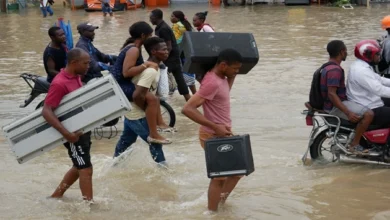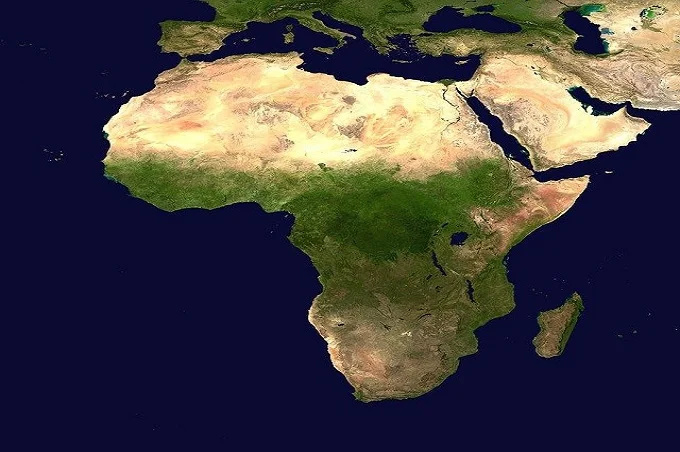Death sentence of separatists in Cameroon: “strong message of justice to terrorists”

A military court in southwestern Cameroon has sentenced to death separatists who attacked a school, killing several students in October 2020. They were convicted of “murder, terrorism, hostility to the homeland, secession”. According to some observers, the justice system should send a message of firmness to the armed groups.
The verdict came down on September 7 in the case of the killing of schoolchildren in Kumba, in southwestern Cameroon, which is in the grip of a violent separatist crisis. The military court in the regional capital of Buea sentenced four members of the separatist movement to death in the first instance for attacking a school, killing seven students in October 2020.
According to the military court’s verdict, the separatists were found guilty of “terrorism, hostility to the homeland, secession, insurrection, murder and illegal possession of firearms”.
Defense lawyers have 30 days to appeal this judgment to the Court of Cassation. Although no executions have been recorded in Cameroon since 1997, Cameroonian law provides for the death penalty, and the courts continue to pronounce this penalty.
Many Internet users hailed the announcement of this verdict as a victory for justice over horror.
“strong signals”
On October 24, 2020, a dozen assailants who, according to Yaoundé, are part of armed separatist groups, broke into the Mother Francisca International Bilingual Academy college in Kumba, a locality in the English-speaking southwest. The attackers opened fire and also attacked students aged 9 to 12 with machetes, killing seven and injuring several. The drama had shocked and sparked many reactions in the country and beyond, discrediting the separatist cause.
For David Eboutou, political analyst and consultant for a press group in Cameroon, this verdict “is a strong message to other terrorists who continue to cause death in English-speaking areas of Cameroon”. “It was clearly a question of making them understand that the State does not intend to bow to their blackmail and intends to go all the way to restore peace in these regions. There is no peace without justice, and it has the duty to send strong signals to those who maintain terror and who sow death in our country today,” he stressed according to French Sputnik.
While the attack on Kumba has not been claimed, boycotting schools is part of the separatists’ strategy. Since the start of this conflict, the militias have continued to fight against the resumption of classes in these two regions of Cameroon. There have very often been offensives against schools that have remained open and hostage-taking.
As a reminder, at the end of 2017, the separatists from the English-speaking regions of the North-West and South-West took up arms against the government of Yaoundé to demand the creation of an independent state.
Tensions began in November 2016 in the form of corporatist demands: teachers deplored the appointment of French speakers in English-speaking regions, and jurists disapproved of the supremacy of Roman law to the detriment of Common LawAnglo-Saxon
In this part of Cameroon, where the majority of the country’s English speakers live, the army and separatist groups clash almost daily, gripping civilians, collateral victims of abuses on both sides.
According to the latest report by the NGO Human Rights Watch (HRW) published in February 2021, this conflict has already left more than 3,500 dead (civilians and soldiers) and pushed more than 700,000 people to abandon their homes.




